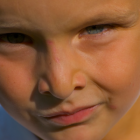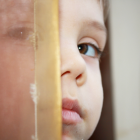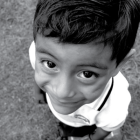
State Failed to Investigate Complaints in Juvenile Court Kickback Scandal
|
The country's troubled juvenile-justice system got a wakeup call in Pennsylvania. For more than four years, two senior juvenile-court judges took kickbacks of $2.6 million in exchange for packing thousands of kids off to privately owned detention centers. And this month a state board admitted it never investigated complaints made against the judges.






